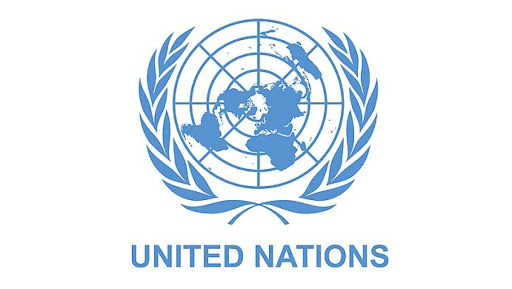NEW DELHI: On Tuesday, India firmly rejected US President Donald Trump’s claims of brokering a ceasefire between India and Pakistan over Jammu and Kashmir, reiterating that the issue would be addressed bilaterally between the two nations, as per India’s longstanding policy.
“The position remains unchanged. As you know, the unresolved matter concerns Pakistan’s illegal occupation of Indian territory,” stated the Ministry of External Affairs (MEA) when questioned about Trump’s offer.
The government also dismissed Trump’s assertion that he had threatened to halt trade with both India and Pakistan to pressure them into agreeing to a ceasefire. According to the MEA, during discussions between Indian and US leaders from May 7 to May 10 regarding the evolving military situation, trade was never mentioned.
Furthermore, in response to Trump’s claim of averting a nuclear war, the government clarified that India's military actions remained entirely conventional and warned against being misled by Pakistan’s nuclear threats. Although Pakistan’s National Command Authority was reportedly set to meet on May 10, the Indian government reminded that Pakistan had officially denied any “nuclear angle” following the events of that day, which included India’s strikes on 8-10 Pakistani airbases, prompting Pakistan to seek a DGMO-level dialogue.
India's armed forces refuted reports that they had targeted a nuclear site in Kirana Hills, debunking claims of a radioactive leak. Prime Minister Narendra Modi had emphasized on Monday that India would not tolerate nuclear blackmail from Pakistan.
“India’s position is clear: we will not succumb to nuclear coercion or allow cross-border terrorism to be justified under its threat. In our discussions with various countries, we have cautioned them that supporting such scenarios could backfire in their own regions,” MEA spokesperson Randhir Jaiswal said.
As Trump continued to claim mediation in the ceasefire, the Indian government reiterated that the ceasefire agreement's specific terms, including its date and time, were finalized between the Directors General of Military Operations (DGMOs) during a phone call at 3:35 pm on Saturday. The Pakistani High Commission had requested this call at 12:37 pm, with technical issues delaying the connection. The timing was later adjusted to accommodate the Indian DGMO at 3:35 pm.
Jaiswal further clarified that on the morning of May 10, India launched a decisive attack on key Pakistani Air Force bases, forcing Pakistan to cease its military action. “It was India’s military strength that compelled Pakistan to stop firing,” Jaiswal emphasized.
The government also stressed that India’s message to international interlocutors was consistent: India was responding to the April 22 terrorist attack by targeting terrorist infrastructure. However, should Pakistan fire, India would retaliate; if Pakistan ceased fire, India would also halt military action.




